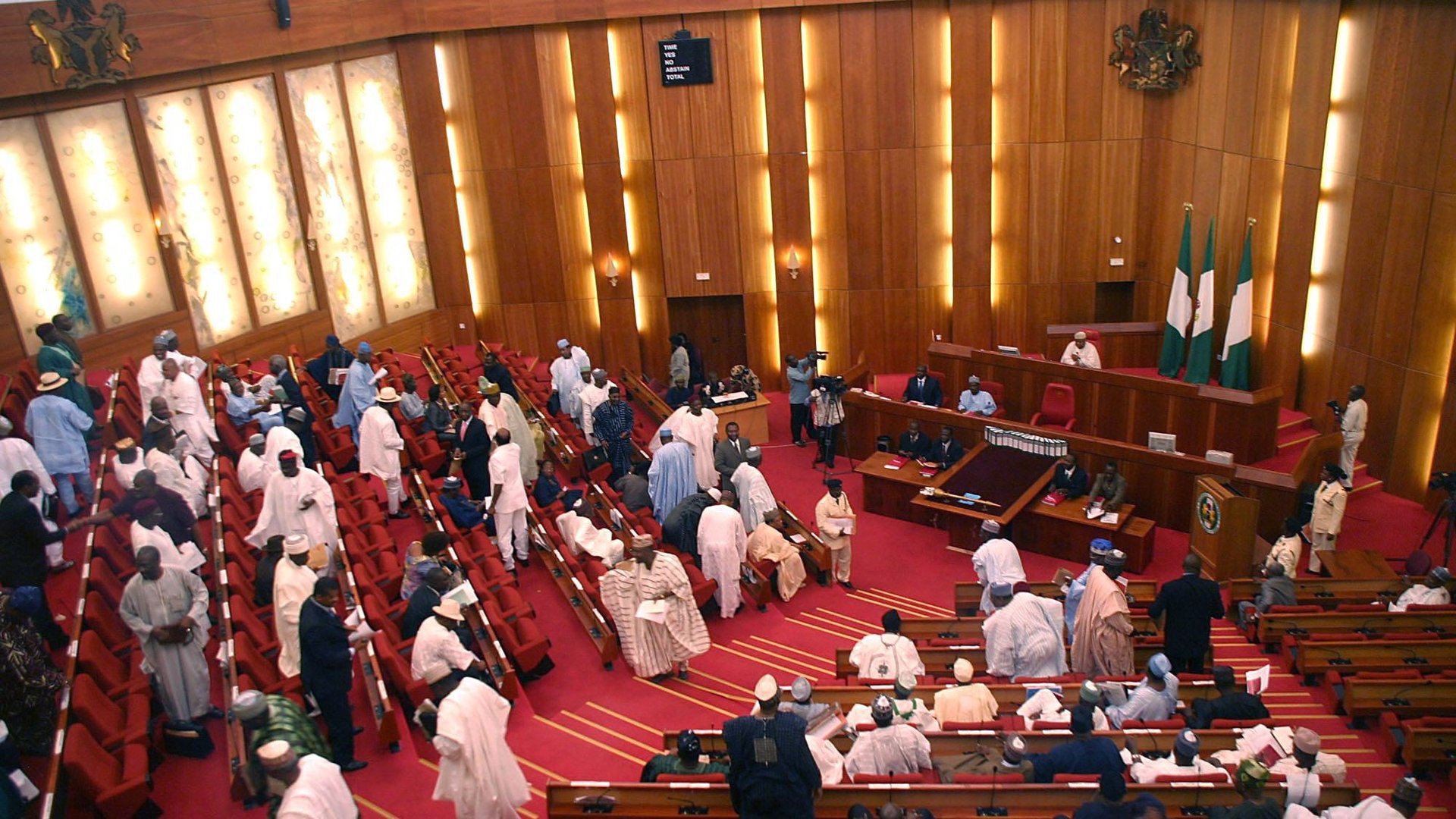Nigerian senators are getting schooled on how to use Facebook
Lawmakers in Nigeria could be getting more friends soon.


Lawmakers in Nigeria could be getting more friends soon.
The senate president’s office announced that all 109 lawmakers in the Senate will be getting a chance to be trained on how to use Facebook better, in a partnership with the social media giant.
Social media use has grown rapidly over the years in Nigeria and played an immense role in the 2015 elections as citizens nationwide used Twitter and Facebook to report election results at various polling units across the country to reduce the chances of rigging and malpractice.
Back in 2010, former president Goodluck Jonathan first announced his plans to run for the top office on Facebook.
Despite the rise in use of various social media platforms, it has not always been popular among Nigerian politicians as it has been seen as a source of scathing criticism from a vocal young generation. A former government spokesman once described the new media generation as ‘children of anger’.
The negative outlook on social media by Nigerian politicians was influenced by the January 2012 #OccupyNigeria protests over the hike in fuel prices as Nigerians used social media to coordinate nationwide strikes and a shutdown of activities across the country.
Over time, some politicians have warmed up to the use of different platforms. Current senate president Bukola Saraki is known for being ever-present and responsive on social media. He also used Twitter to push back at suggestions the Nigerian taxpayer was funding the Facebook training.
But not all the politicians on social media are hugely popular. Senator Ben Murray Bruce, a veteran media entertainment entrepreneur turned politician, is a regular Twitter user but often comes under fire from Nigerians for using the platform to make seemingly radical, but ill-conceived ideas. One of his latest is the suggestion of an ‘unemployment tax’ to be levied on salary earners to pay a monthly stipend to Nigeria’s huge unemployed population.
During the fuel scarcity crisis in May Senator Murray Bruce tweeted about his ‘electric car’ which used solar energy.
In search of wider reach
The point of the training, led by Facebook’s head of public policy for Africa, Ebele Okobi, is to help senators use social media more effectively as a tool for engaging their constituents, said Bamikole Omishore, the senate president’s special assistant on new media.
The training is also expected to help reduce fraud and impersonation of senators on Facebook. “Unfortunately, some elements have used the platform to defraud Nigerians by creating fake accounts. This training will allow for verification by Facebook,” said Omishore.
The senate is making a stated push for more transparency. Also proposed is an e-parliament platform where Nigerians can follow discussions in the senate and a bill tracker so Nigerians can track the passage of various bills on the senate floor.
For its part Facebook, which proposed the training for the senators, will be keen to be seen as an important media platform for government and politics on a continent where politicians and government play a much more significant role in the lives of ordinary citizens than in the developed world.
It will also want to get in front of Twitter, which without any major outreach in Africa has become a major platform for much of the political discourse in countries like Nigeria and Kenya.
The increased use of social media in Nigeria among the political class is in line with the growing number of internet users in the country. Last month, the Nigerian Communications Commission said internet users in the country had reached 97 million—53% of the population. To reach a discerning, opinionated half of the population who constantly debate issues and play immense thought leadership roles during election cycles, Nigerian politicians now have only one place to go: social media.